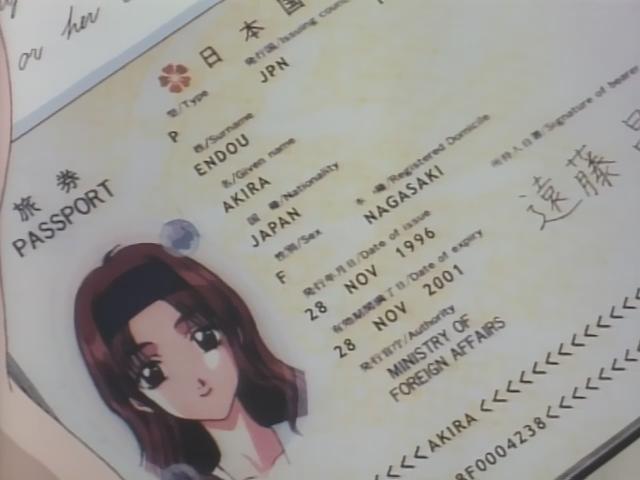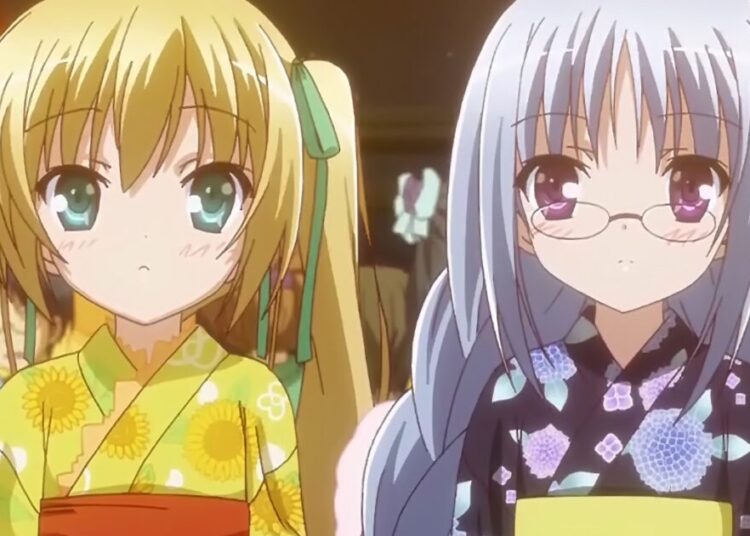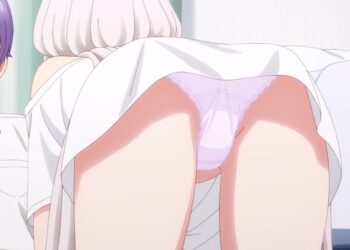I saw a news article that Japan’s lower house had passed a law allowing for joint custody of children after a divorce for the first time. It may surprise you that up until now, custody of children has always been assigned to one parent, with zero visitation given to the other. Let’s explore the subjects of marriage and divorce in Japan, and answer some questions from J-List customers on X!
San Diego Comic Con is here! Let’s celebrate geek culture with a huge J-List sale on anime goods directly from Japan.
Get $15 or $40 off, depending on the size of your order. Offer ends July 28th!
How Does Divorce in Japan Work?
Obviously, sometimes a marriage doesn’t work out for one reason or another. Japan has various laws in place to guide couples through the process of ending their marriage and moving on with their lives. Sadly, children are often caught in the middle during a divorce. Until now, Japan has always had a unique practice of giving sole custody to one parent or the other, nearly always the parent who currently has possession of the child or children.
The idea of having zero access to one’s children after a divorce in Japan seems positively barbaric to my Western mind. But there’s a certain logic to it from the Japanese point of view. The goal of the law up til now has been to encourage both parties to remarry and find happiness with someone new. The idea is that a new father might not be happy having his wife’s ex-husband come around to take his kids every other weekend and might feel less responsibility to provide for them. It’s better for society, the idea goes, to make a total break so everyone can find happiness in the future.
But now, this will likely change, as Japan enacts its first law allowing for joint custody between parents. What do you think of this change?
International Marriage Brings Special Challenges
I’m extremely happy with my life in Japan with Mrs. J-List. But every once in a while, I wander into /r/japanlife on Reddit, where I find many unhappy people, some of whom have gone through an international divorce.
One of the most difficult issues has always been what to do about children in a divorce when the parents come from different countries. If one parent takes their child to their home country and then files for divorce, it can be next to impossible for the other parent to get custody back. To combat the serious issue of international parental abduction, various laws have been in place since 1993. Every time we went to get a new passport for our kids at the U.S. Embassy, both my wife and I were required to appear. This was so the embassy staff could ensure that neither of us was trying to get a passport with the intent to steal our child away from the other.
What role does Buddhism play in daily life in Japan? Read my blog post on this subject here!
Social Change Comes Slowly To Japan
There’s one idea that comes up repeatedly when trying to understand Japan. Basically, Japan will always follow behind the U.S. and Europe when it comes to enacting social change. Whether it’s banning cigarettes, enacting banking reform or allowing for same-sex marriage, you can bet that Japan will let Europe and America take the lead and then follow behind a decade or so later. Or several decades, in the case of joint custody.
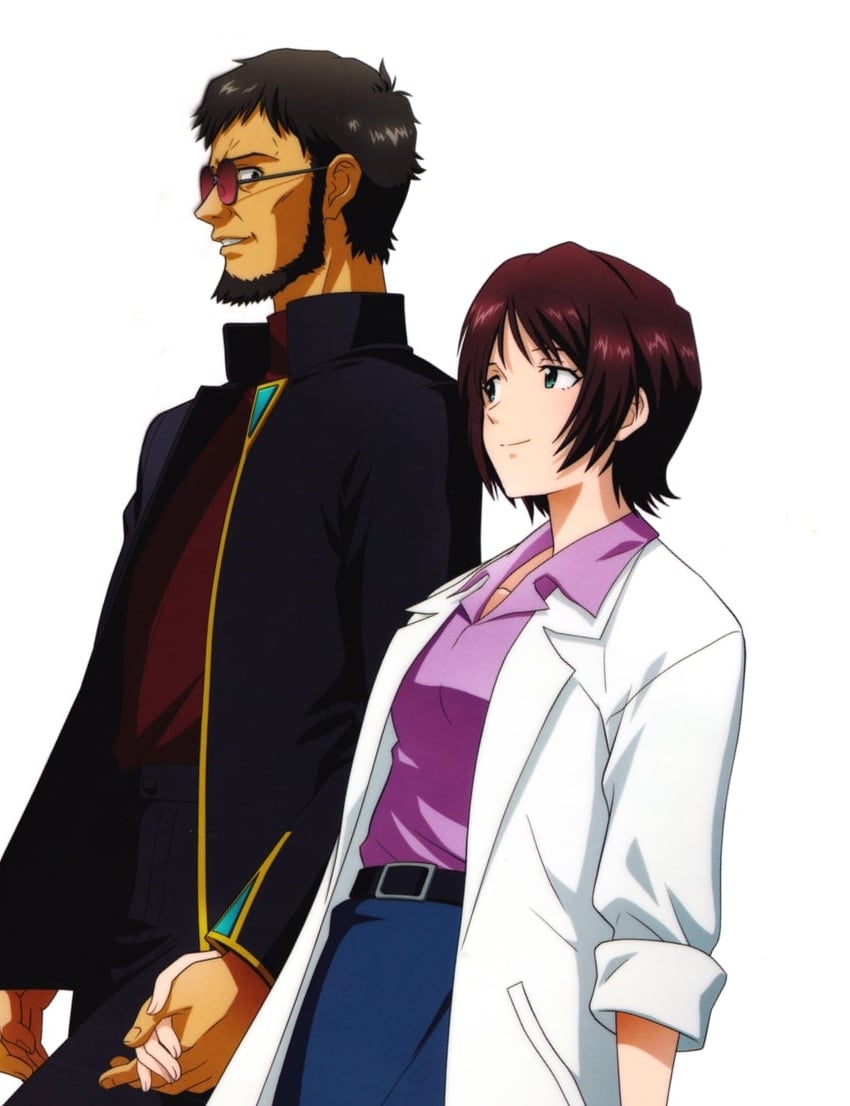
How Does Marriage In Japan Work?
Marriage in Japan is secular. Although a couple might have a fancy wedding ceremony, they will always consider the day they officially deliver the 結婚届 kekkon-todoke paperwork at their local city office as their official wedding anniversary.
Another unique aspect of marriage in Japan, from a Western point of view, is that it’s quite common for a husband to take his wife’s family name, especially if he’s moving into her house. My father-in-law did this when he married my wife’s mother. So did Evangelion’s Gendo Rokubungi when he married Yui Ikari, taking her family name and becoming Gendo Ikari.
What’s more rare are married couples with different family names. This is known as 別姓夫婦 bessei fuufu, and my wife and I were among the first couples allowed to do this legally.
Want to know how kanji names work in Japanese? I’ve got a blog post for you here!
How Is Japan’s Birth Rate These Days?
Japan has a famously low birth rate, currently around 1.3 births per woman. This is far from the lowest birth rate, and Japan is having more babies than countries like China (1.2), South Korea (0.9) and Hong Kong (0.8). Although there are many reasons for this issue, lately the biggest factor contributing to the low birth rate is the drop in marriages.
Currently there are just 4.1 marriages per 1000 people, a number that’s been falling steadily since 2019. This is way below the average number of 10 per 1000 people that was common in the 1970s. Considering that 40% of Japanese men and women have supposedly never been on a date, it seems that social awkwardness is definitely part of the problem.
One bright spot is that international marriages are quite high, with 21,852 marriages between Japanese and foreigners registered in 2019, about 4% of all marriages in Japan. Immigrants, we get the job done!
There are also “too many” women in Japan. The current sex ratio is skewed, with 95.38 males per 100 females. Combined with some Japanese women’s interest in foreign marriage, perhaps J-List customers should make plans to come to Japan and find a Japanese girl to marry?
How about Children Born Out of Wedlock?
While Japan doesn’t have the same cultural baggage about children born out of wedlock that can exist in the West, it is always thought best for parents to be married. The word for a hurried marriage due to a surprise pregnancy is dekichatta kekkon.
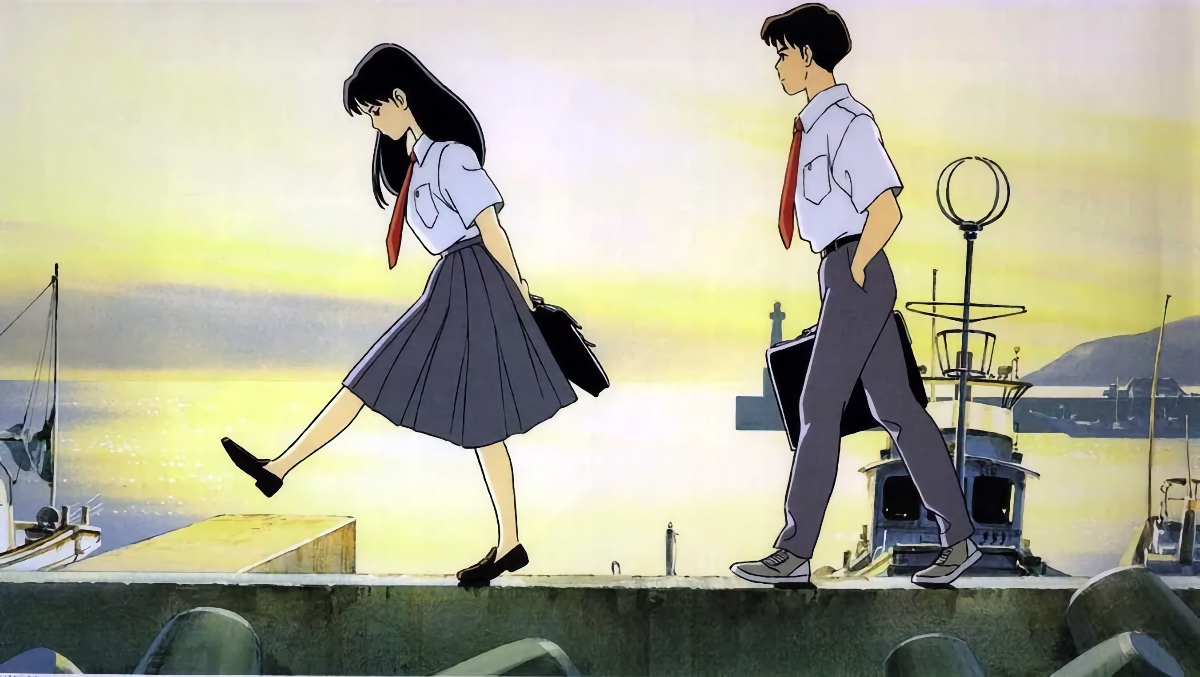
No Anime about Divorce?
It’s funny when I go to find images for my blog posts and basically can’t find any about a certain topic. For example, in Japanese classrooms, students stand and bow to their teacher before a lesson, as one student shouts Kiritsu! Rei! Chakuseki! (“Stand! Bow! Take your seats!”). But this is never depicted in anime. If I wanted to show what it looks like to my readers, it’s very difficult to do so.
Divorce in Japan seems to be another subject destined to never be depicted in anime. Sometimes the topic appears as a plot vehicle, such as in After The Rain, about a divorced restaurant manager and a 17-year-old girl who develops a crush on him. But I guess divorce in Japan is not a “fun” subject to tell stories about in animated form.
The only anime I can think of that really deals with the complexity of what happens when a marriage doesn’t work out is the outstanding Umi ga Kikoeru, aka Ocean Waves, which we happen to have in stock with English subtitles. This is a made-for-TV animated film by Studio Ghibli which is my favorite Ghibli film not created by Hayao Miyazaki.
After her parents’ divorce, a girl named Rikako transfers to a new school in rural Kochi Prefecture, on Japan’s smallest island of Shikoku. There, she meets Taku, a boy who’s mostly annoyed at her selfish attitude. When Rikako runs away to Tokyo to be with her father, Taku has to chase after her, and the two of them spend a night in a hotel as their complex relationship begins to bloom. I highly recommend it!
Thanks for reading this blog post about marriage and divorce in Japan! Got any questions on this subject, or any topics you’d like us to write about in the future? Put them in the comments below!
Let’s Chat
Also, be sure to follow J-List on these platforms!
- Twitter/X, where Peter posts anime booba for you
- Facebook, where we share memes and discuss anime
- Instagram, where you can look at sterilized anime memes because it’s Instagram
- Discord, if you want to chat with other J-List customers of culture
- Finally, check out J-List’s short video blogs on YouTube or TikTok!
San Diego Comic-Con is here! Let’s celebrate geek culture with a huge J-List sale on anime goods directly from Japan.
Get $15 off on orders of $100 or more, and $40 off on orders of $200 or more. This offer ends July 28th, so hurry! SDCC ikimashou!


